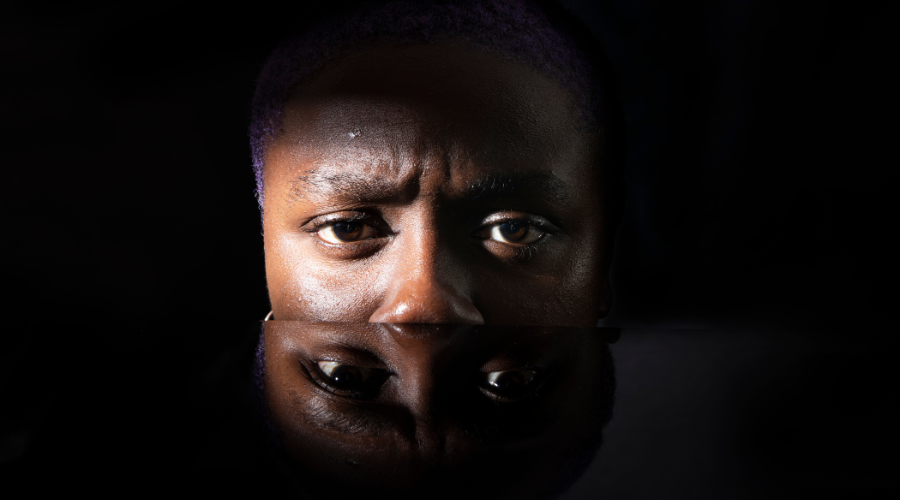Traumatic events are powerful and distressing incidents that impact your daily functioning. They are usually experiences which are life threatening or pose a significant threat to a person’s physical or psychological wellbeing. A person’s mental and physical health, available support at the time of the event or their past experiences and coping skills can influence how they respond.
Many changes after a traumatic event are normal. In fact, most people who experience a major trauma have severe reactions in the immediate aftermath. Many people then feel much better within three months after the event, but others recover more slowly, and some do not recover enough without psychological treatment. If the reactions to trauma are too distressing or last for more than a couple of weeks, seeking psychological assistance is paramount. Psychologists are trained in assessing the impact of the trauma and can help you better respond through coping strategies and techniques. A psychologist can also help you manage other problems associated with the trauma including depression, stress, drug or alcohol use, and relationship difficulties.
If you have experienced trauma, becoming more aware of the changes you’ve undergone since it is the first step towards recovery. Some of the most common reactions after a trauma are described below:
Fear and anxiety. Anxiety is a common and natural response to a dangerous situation. For many, it lasts long after the trauma has ended. It is normal to become anxious when you remember the trauma. But sometimes anxiety may come from out of the blue. Triggers or cues that can cause anxiety may include places, times of day, certain smells or noises, or any situation that reminds you of the trauma. As you begin to pay more attention to the times you feel afraid you can discover the triggers for your anxiety.
Re‐experiencing of the trauma. People who have been traumatised often re‐experience the traumatic event. For example, you may have unwanted thoughts of the trauma, and find yourself unable to get rid of them. Some people have flashbacks, or very vivid images, as if the trauma is occurring again. Nightmares are also common. These symptoms occur because a traumatic experience is so shocking and so different from everyday experiences that you can’t fit it into what you know about the world.
Increased arousal. This includes feeling jumpy, jittery, shaky, being easily startled, and having trouble concentrating or sleeping. Continuous arousal can lead to impatience and irritability, especially if you’re not getting enough sleep. People who have been traumatised often see the world as filled with danger, so their bodies are on constant alert, always ready to respond immediately to any attack. The problem is that increased arousal is useful in truly dangerous situations, such as when you were in the traumatic event. But alertness becomes very uncomfortable when it continues for a long time even in safe situations. Another reaction to danger is to freeze, like a deer in the headlights, and this reaction can also occur during a trauma.
Avoidance. Avoidance is a common way of managing trauma‐related pain. The most common is avoiding situations that remind you of the trauma, such as the place where it happened. Often situations that are less directly related to the trauma are also avoided, such as being in crowded places. Another way to reduce discomfort is trying to push away painful thoughts and feelings. This can lead to feelings of numbness, where you find it difficult to have both fearful and pleasant or loving feelings. Sometimes the painful thoughts or feelings may be so intense that your mind just blocks them out altogether, and you may not remember parts of the trauma.
Anger and irritability. Many people who have been traumatised feel angry and irritable. It may be especially upsetting to feel angry at those who are closest to you.
Feelings of guilt and shame. Many people blame themselves for things they did or didn’t do to survive, especially if someone lost their life or was seriously injured. You may feel ashamed because during the trauma you acted in ways that you would not otherwise have done. Sometimes, other people may blame you for what happened.
Grief and depression. This can include feeling down, sad, hopeless or despairing. You may cry more often. You may lose interest in people and activities you used to enjoy. You may feel that plans you had for the future don’t seem to matter anymore, or that life isn’t worth living. These feelings can lead to thoughts of wishing you were dead or doing something to hurt or kill yourself.
Negative self‐image and views of the world. You may tell yourself, “If I hadn’t been so weak or stupid this wouldn’t have happened to me.” Many people see themselves as more negative overall after the trauma. It is also very common to see others more negatively, and to feel that you can’t trust anyone. The trauma may make you think that the world is very dangerous. Relationships with others can become tense and it is difficult to become intimate with people as your trust decreases.
Reduced libido. Sexual relationships may suffer after a traumatic experience. Many people find it difficult to feel sexual or have sexual relationships.
Increased use of alcohol or other substances. If your use of alcohol or drugs changed as a result of your traumatic experience, it can slow down your recovery and cause problems of its own. Many people use alcohol or drugs so they won’t feel or remember.
Many of the reactions to trauma are connected to one another. For example, a flashback may make you feel out of control, and will therefore produce fear and arousal. Many people think that their common reactions to the trauma mean that they are “going crazy” or “losing it.” These thoughts can make you even more fearful. As you become aware of the changes you have gone through since the trauma, and as you process these experiences during psychological treatment, the symptoms should become less distressing.

